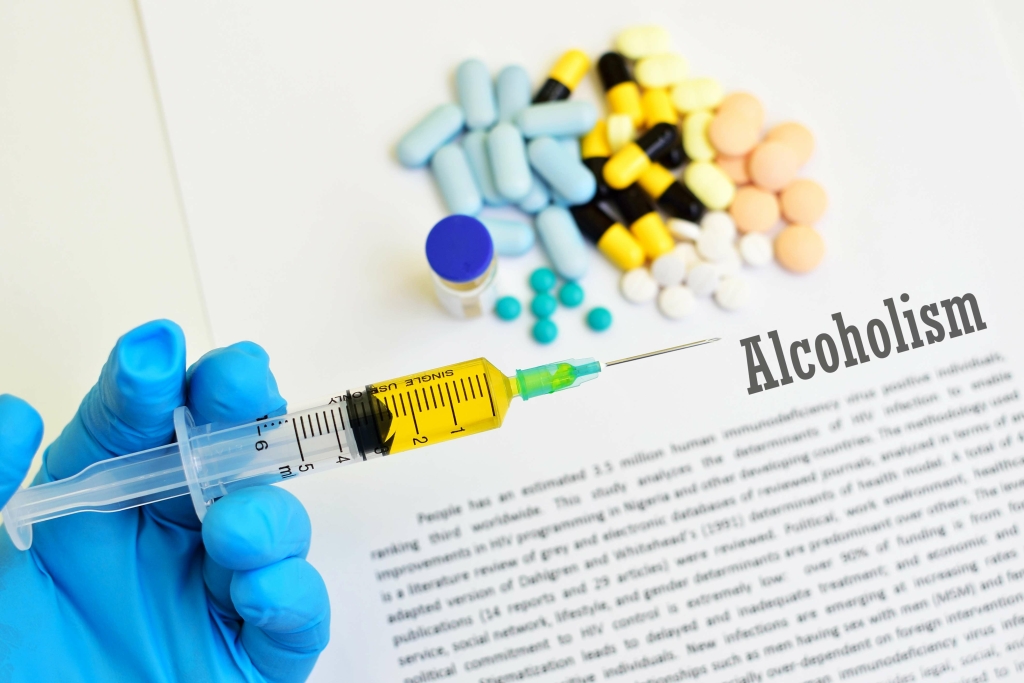Another widely applied benchmark of recovery is the cessation of negative effects on oneself or any aspect of life. Many definitions of recovery include not only the return to personal health https://r2b.ru/stati/pervoe-prjamoe-dokazatelstvo-togo-chto-reakcija.html but participation in the roles and responsibilities of society. There are no lab tests that define recovery and no universally agreed-on definition of recovery.
Lifestyle
- Such symptoms are often related to mood and may include irritability, anxiety, depression, sleep problems, and fatigue.
- This group of people with lived experience advises the NIH HEAL Initiative on research directions and ensures that research takes into consideration input from people and communities the initiative aims to benefit.
- Substances such as alcohol, marijuana and nicotine also are considered drugs.
Taking action is a very important step in the substance abuse recovery process, and it is one in which it’s important to have support as you make changes. It can feel stressful to change, which is why the support a person receives in drug and alcohol treatment can be so important in continuing the process of addiction recovery. You can promote healthy changes in the brains and behaviors of patients with AUD by encouraging them to take a long-term, science-based approach to getting better. For practical, evidence-based tips on supporting your patients with AUD, see the Core articles on treatment, referral, and recovery. Sarah Howroyd, MSW, LCSW, is the Director of Behavioral Health at Bicycle Health, a national organization that provides integrated medical and behavioral health treatment of opioid use disorder via telehealth.

Career Planning for Life After Addiction: Tips for a Fresh Start

Career planning in recovery is not without its challenges, but each obstacle is an opportunity to grow and https://bourgas.ru/bolgariya-mozhet-vyigrat-evrovidenie-2020/?utm_source=yxnews&utm_medium=mobile&utm_referrer=https%3A%2F%2Fyandex.ru%2Fnews learn. Achieving professional goals fosters a sense of accomplishment and builds self-esteem, which can be particularly empowering during recovery. In 12-step groups, addicts must acknowledge the powerlessness, unmanageability, and denial that have impacted them. Calls to the general helpline will be answered by a paid advertiser of one of our treatment partners.
- Other research pinpoints the values of cognitive behavioral therapy for relapse prevention, as it helps people change negative thinking patterns and develop good coping skills.
- The best way to prevent an addiction to a drug is not to take the drug at all.
- The alcohol and drug addiction recovery process can look different for each person and is based on the level of care determined for a person, so treatment is often tailored to the individual.4 Program lengths vary.
Related Articles
Researchers have identified and mapped out five stages of change, and they can be used as a kind of recovery GPS—a guide to determine where anyone may be in the process of recovery. By using these suggestions, people could find some online addiction recovery support groups where they can get the understanding, motivation, and guidance that they need to pursue effective sobriety for life. In addition to mutual support groups, whether they are 12-step programs or an alternative approach, getting professional treatment can significantly improve a person’s chances of recovery. Depending on an individual’s needs, such treatments may involve therapy, medications, or inpatient/outpatient rehab. Talk to your doctor about which options might be suitable for your needs.

How common is relapse?
Families can develop awareness of a loved one’s emotional, environmental, and social triggers of substance use and manage those. Because of the way addiction changes the brain, one of the best ways to help when loving someone with an addiction is to provide frequent feedback and encouragement, planning small immediate rewards every day for any positive changes. Studies show that families that participate in treatment programs increase the likelihood of a loved one staying in treatment and maintaining gains.
Looking for Treatment?

Finally, the http://webzona.ru/txt/fakt/premia_darvina_1.html arts can be used to advocate for those suffering from a substance use disorder by raising awareness of the issue and promoting understanding and compassion. Through art, individuals can share their stories, increase awareness, and offer support and hope to those struggling with substance use disorders. They address multiple factors including education, job training and employment, positive family and social relationships, and housing opportunities, and they work to meet many other personal and professional needs. These factors, known collectively as “recovery capital,” enhance an individual’s ability to function in his or her surroundings, reduce the risk of problematic substance use, and maximize quality of life.